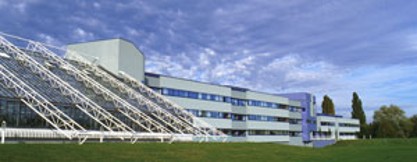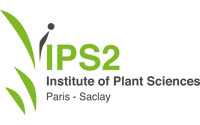Presentation of the Institute of Plant Sciences - Paris-Saclay (IPS2)
Director : Martin Crespi

At IPS2, we want to better understand the molecular and genetic mechanisms controlling plant growth and their regulation by endogenous and exogenous environmental signals of biotic (symbiotic and pathogens) and abiotic origins, notably in the context of climate change. Analysis of these mechanisms is conducted in an integrated manner at cellular, organ and whole plant levels.
IPS2 applies multidisciplinary approaches combining epi/genomics, cell biology, bioinformatics, biochemistry, genetics, and physiology, develops modelling to generate a more predictive biology, and facilitates translational research between model species and crops.
The unit has two platforms with different facilities :
- EPITRANS: Translational Biology (managing of large TILLING collections in tomato, melon, cucumber...) and Epigenomics (genome-wide analyses such as ChIPseq, HiC and others)
- SPOMICS: Transcriptomics, Interactomics (protein-protein interactions), and Metabolomics
The IPS2 emerged in 2015 from an important restructuration and consolidation of 3 of the 4 Plant Biology institutes involved in the Cluster of Excellence "Saclay Plant Sciences" (SPS), and allowed building a continuum between Teaching, Research and Innovation.
The Saclay Plant Sciences (SPS) network gathers around 60 research teams specialized in plant sciences belonging to 6 institutes in the Paris area and represents more than 750 people. SPS is coordinated by the Université Paris-Saclay.

We also promote that IPS2 teams generate innovative projects in interaction with industrial partners and/or technical institutes, and host different start-ups, to contribute to the future of agriculture.
